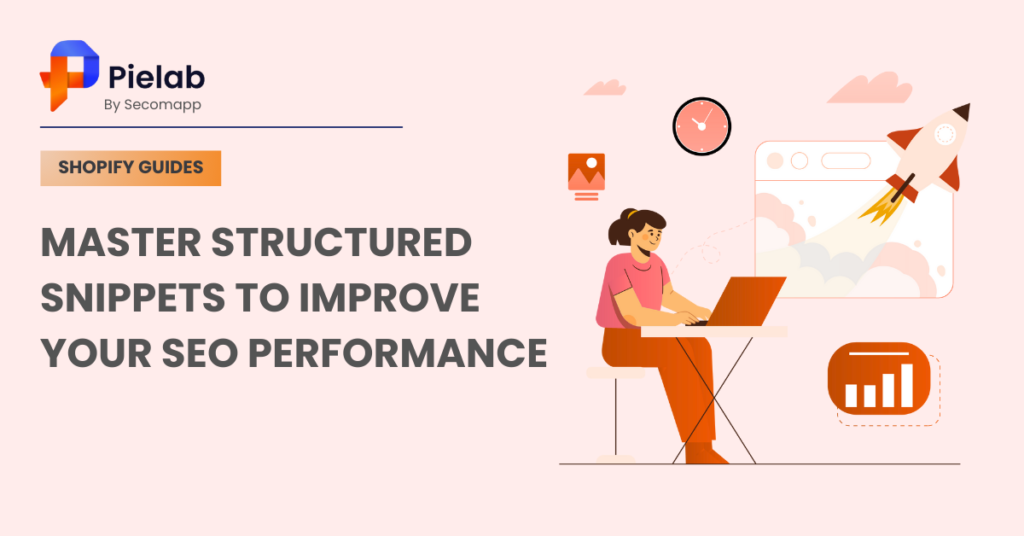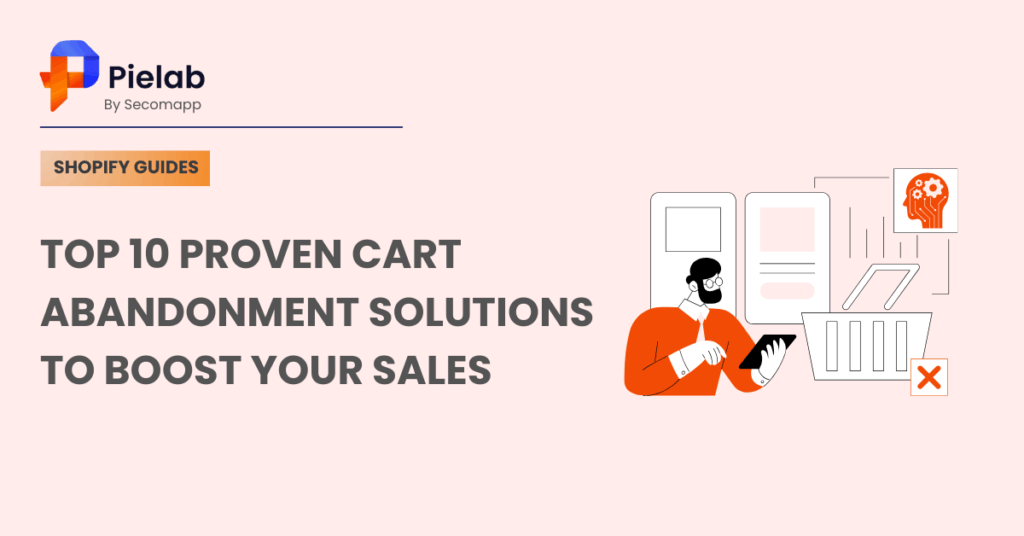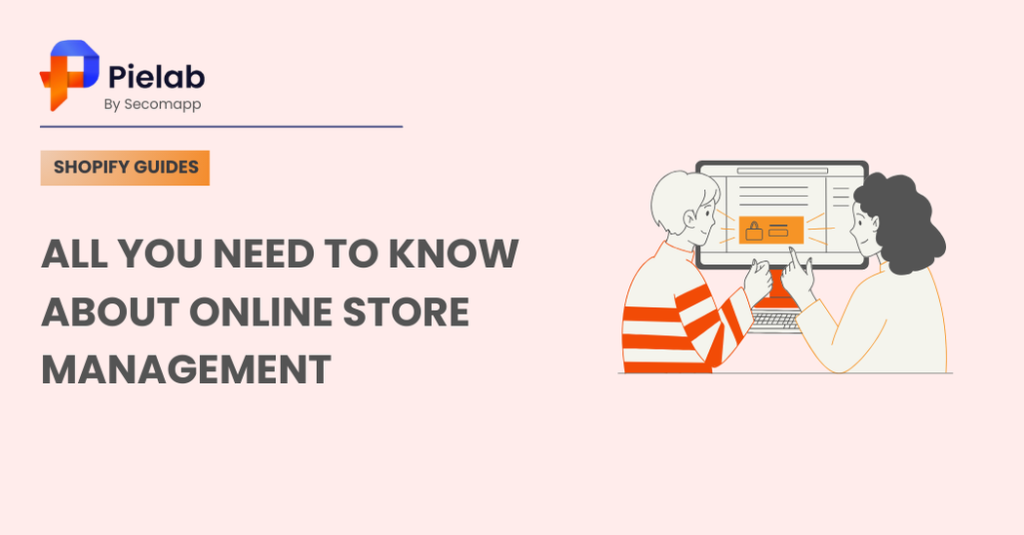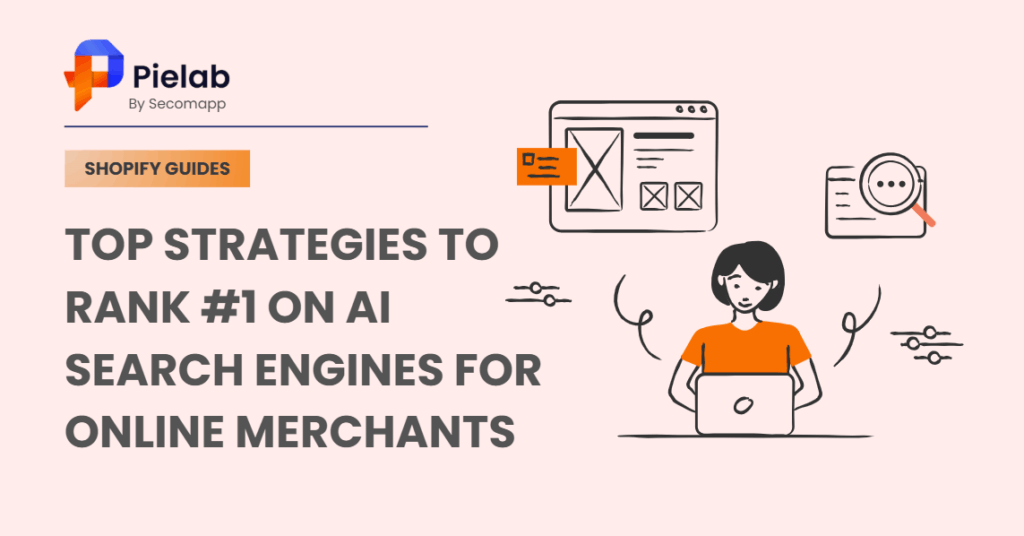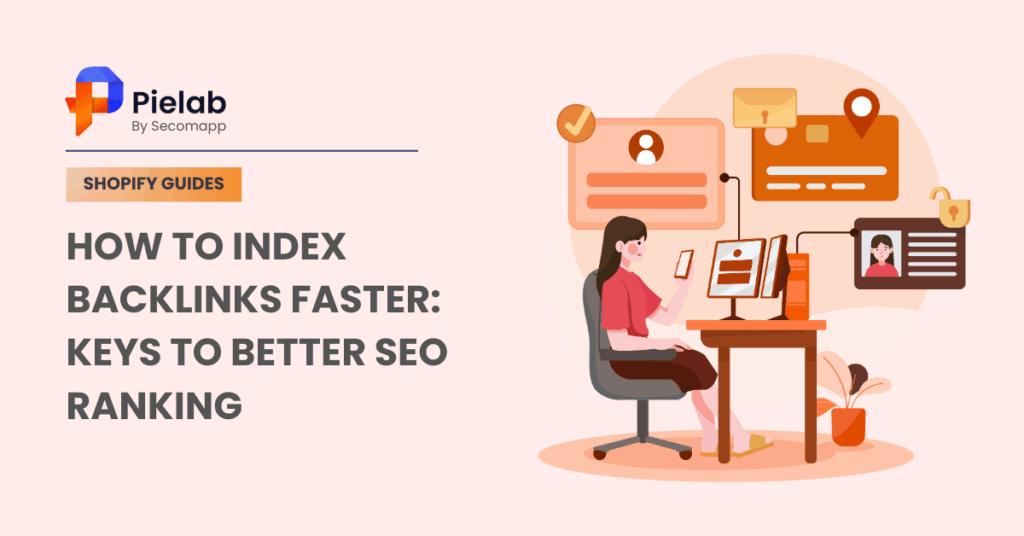The B2B industry is evolving quickly as digital adoption, customer expectations, and new technologies reshape the way companies work with one another. In 2025, this shift is opening the door to fresh opportunities for entrepreneurs who are ready to create value in a changing market.
The challenge, however, is knowing where to begin. With so many directions to choose from, aspiring founders often struggle to decide which ideas are worth pursuing. This article will explore 10 B2B business ideas that stand out in 2025, giving you a clear starting point to spark inspiration and take the next step toward your own venture.
What Is A B2B Business?
A B2B (business-to-business) business provides products or services from one company to another. Instead of targeting individual consumers, B2B companies focus on helping other businesses operate, grow, or serve their own customers more effectively. Examples include software providers, wholesale suppliers, and marketing agencies.
Therefore, it is slightly different to the B2C that we usually know. B2B (business-to-business) focuses on selling to other companies, while B2C (business-to-consumer) focuses on selling directly to individual customers.
In B2B, buying decisions are often driven by logic, long-term value, and return on investment, whereas in B2C, purchases are usually influenced by emotion, convenience, and personal needs. Business owners should be aware of these differences to build the appropriate strategy.
10 Profitable B2B Business Idea To Get Started
1. AI-Powered Marketing Services:
Marketing is more complex than ever, and many companies struggle to keep up with new platforms, shifting customer behaviors, and overwhelming amounts of data. This is where AI-powered marketing services provide a solution.
By leveraging artificial intelligence to analyze data, automate campaigns, and deliver personalized experiences, businesses can run smarter and more efficient strategies. Traditional marketing often wastes time and budget without guaranteeing results, but AI makes campaigns more targeted and cost-effective.

The demand for AI-driven marketing services is growing quickly, making it a strong opportunity for entrepreneurs. Those with experience in digital marketing, data analysis, or technology solutions are especially well-positioned to succeed in this space.
Like many other B2B business ideas, this business model can work on different budgets. A solo founder can start small by using existing AI tools and platforms, while those with more capital can build a full-service AI marketing agency that develops advanced solutions for larger clients.
2. Cloud-Based accounting & finance solutions
These days, many small and medium-sized companies still rely on outdated tools or manual processes that slow them down. One of the most effective B2B business ideas to solve this problem is offering cloud-based accounting and finance solutions.
This model provides digital bookkeeping, payroll, and financial management services that keep businesses organized, compliant, and financially healthy. By moving processes online, companies gain real-time access to data, streamline reporting, and minimize costly errors.

For entrepreneurs, cloud-based finance is a strong B2B business idea because companies of all sizes need reliable financial support but often lack the expertise or resources to manage it in-house. These solutions are scalable, secure, and cost-effective, making them appealing to clients who want both accuracy and convenience.
This opportunity is a great fit for entrepreneurs with backgrounds in finance, accounting, or business management. They can start on a modest budget by using existing cloud platforms or expand into a full-service digital finance agency that develops specialized solutions for larger clients with complex needs.
3. Wholesale & Bulk Supply Services
Every business needs access to reliable products at competitive prices, but finding the right suppliers can be time-consuming and complex. The key to address this challenge is wholesale and bulk supply services.

These services connect companies with a steady stream of goods, from raw materials to finished products, in larger quantities and at better rates than retail. By streamlining distribution and simplifying access to inventory, businesses save both time and money while ensuring smoother operations.
This model is especially well-suited for entrepreneurs with strong organizational skills, experience in logistics, or the ability to build strong supplier relationships.
Like many scalable B2B business ideas, start small with limited capital by focusing on niche products and a handful of suppliers. With more resources, entrepreneurs can expand into full-scale distribution networks or even launch an online platform that directly connects buyers and suppliers.
4. HR Tech & Recruitment Services
Hiring and retaining top talent is one of the toughest challenges for modern businesses. HR tech and recruitment services offer a smarter, more efficient way to handle this process by using digital platforms and modern tools to support talent acquisition, onboarding, and employee retention.
Unlike traditional headhunting, which focuses on filling individual roles through personal networks, HR tech solutions scale the entire recruitment process. They automate repetitive tasks, provide valuable workforce insights, and give companies the ability to manage hiring and retention more effectively.

Companies increasingly prefer this model because it not only speeds up hiring but also improves retention and overall team performance. That makes it one of the B2B business ideas with strong demand across industries.
Entrepreneurs with experience in human resources, recruiting, or software development will find this opportunity a good fit. It can start lean by combining consulting with existing HR platforms or grow into a full-service recruitment tech business that offers custom solutions for larger clients.
5. Cybersecurity & Data Protection Services
The rise of digital tools and cloud platforms has made businesses more efficient, but it has also increased their exposure to hacking, data breaches, and compliance risks. Cybersecurity and data protection services provide the defenses companies need to safeguard sensitive data, prevent downtime, and maintain customer trust.
These services can cover everything from network monitoring and threat detection to secure backups and compliance support for regulations like GDPR or HIPAA. By protecting their digital environments, companies can avoid costly mistakes and strengthen client confidence.

Unlike traditional IT support, cybersecurity is proactive rather than reactive. It focuses on identifying weaknesses, blocking attacks before they happen, and ensuring business continuity. Since even a single breach can harm a company’s reputation and bottom line, demand for expert partners in this field continues to grow.
For entrepreneurs, cybersecurity stands out as one of the most valuable B2B business ideas today. Those with backgrounds in IT, network security, or risk management can start lean by reselling existing tools for small businesses or scale into a full-service agency that builds advanced solutions for larger organizations.
6. Sustainability & Green Business Consulting
Companies today face increasing pressure from customers, investors, and regulators to reduce their environmental impact. Sustainability and green business consulting helps organizations meet these expectations by introducing eco-friendly strategies such as cutting energy use, reducing waste, improving supply chains, and complying with new regulations.
The value of this service lies in the fact that many businesses want to adopt sustainable practices but don’t know where to begin or how to measure progress. A consultant can provide actionable plans, compliance support, and tools that improve environmental performance while also lowering costs and strengthening brand reputation.

For entrepreneurs passionate about sustainability, environmental science, or corporate responsibility, this is one of the most impactful B2B business ideas. It can start lean by offering advisory services with existing tools or expand into a full-scale consulting firm.With more resources, the business can evolve into providing customized sustainability programs, certification services, and detailed reporting systems for larger enterprises.
7. Smart Logistics & Supply Chain Solutions
Efficient logistics and supply chain management are at the heart of every successful business, yet many companies struggle with delays, rising costs, and lack of visibility in their operations. Smart logistics and supply chain solutions address these challenges by using digital platforms, automation, and real-time data to improve shipping, inventory management, and order fulfillment. These solutions help businesses reduce waste, optimize delivery times, and adapt quickly to changes demand.

This idea is best suited for entrepreneurs with an interest in operations, logistics, or technology. It can be started on a smaller scale by providing consulting and implementing existing logistics software for clients, or expanded with more investment into building custom platforms or a full-service logistics management company.
8. B2B Content & SEO Services
In today’s digital-first world, businesses rely heavily on content and search visibility to attract and convert clients. One of the best B2B business ideas is offering content and SEO services that create high-quality blogs, website copy, and strategies to help companies rank higher and stand out as industry leaders.
By combining strong content marketing with effective SEO practices, businesses can reach their target audience, build trust, and generate consistent leads. This makes B2B content and SEO services a proven way to drive long-term growth.

Many companies understand the importance of content but lack the time, skills, or resources to execute it effectively. A provider who offers optimized content, SEO audits, and tailored strategies can fill this gap and deliver measurable results.
This is also one of the most practical B2B business ideas for entrepreneurs with backgrounds in writing, marketing, or digital strategy. It can start small with freelance writing and basic SEO work, then scale into a full agency offering link building, advanced SEO campaigns, and content strategies for larger clients.
9. Corporate Training & E-learning Solutions
As industries continue to evolve, companies must ensure their employees are constantly developing new skills. Corporate training and e-learning solutions make this possible by offering digital programs that are accessible, flexible, and cost-effective.
These solutions help businesses upskill their workforce without the limitations of traditional in-person sessions. Employees can learn at their own pace, while organizations save time and resources.

The true value lies in keeping companies competitive. Many businesses struggle to keep employees engaged and ready for new challenges, and e-learning provides an efficient way to solve this problem.
Unlike conventional training that often requires travel, printed materials, and scheduled classes, digital learning can be customized, tracked, and scaled across an entire organization.
Entrepreneurs with experience in education, HR, or digital content creation can tap into this opportunity. It can begin on a small budget by designing courses and delivering them through existing platforms.
For those looking to scale, it can grow into a full-scale e-learning company that builds custom programs and learning management systems tailored to large enterprises.
10. Business Intelligence & Analytics Services
Businesses are dealing with a larger and larger amount of data in the age of digitalization. That is why many struggle to make sense of it in a way that drives meaningful results.
Business intelligence and analytics services help companies turn raw information into clear, actionable insights that support smarter decision-making and long-term growth strategies. By collecting, analyzing, and visualizing data, these services allow organizations to spot trends, understand customer behavior, improve operations, and identify new opportunities.

Entrepreneurs with a background in data science, analytics, or business strategy can pick out this idea among the B2B business ideas to start their business. Their journey can start with a modest budget by using existing BI software to serve small clients, or scale into a larger consultancy or platform that builds custom analytics solutions for enterprises.
How To Start A B2B Business
B2B business ideas are diverse, ranging from AI, sustainability, logistics, to cybersecurity. The best way to get started is by choosing a rising niche where demand is growing. Focus on areas you understand well and where you can solve pain points more effectively than competitors.
After selecting your niche, conduct thorough market research. Study competitors, analyze customer behavior, and use tools like Google Trends or industry reports to confirm demand. This step ensures your business idea is backed by real opportunities.
Next, define your B2B business model. Decide whether to offer services or products, craft a strong value proposition, and set competitive pricing that appeals to your target audience. A clear model lays the foundation for growth.
Since you are just starting, build a minimum viable product (MVP) or simple offer. Highlight measurable results such as saving time, reducing costs, or boosting ROI to attract early adopters. Demonstrating value quickly increases credibility.
Equip yourself with essential B2B tools to streamline operations and accelerate progress. These tools help with communication, automation, and customer management, making your startup journey more efficient.
Once the basics are in place, focus on landing your first clients. Use LinkedIn outreach, networking events, product demos, or targeted ads to secure initial contracts. Retain clients by offering excellent support, creating recurring contracts, and continuously improving your solutions.
Conclusion
B2B business opportunities in 2025 are wide open for those ready to act. The B2B business ideas are diverse, but success comes from choosing an idea that fits your expertise, validating the demand, and taking the first step. Once you take that first step, you can begin building momentum, gaining clients, and positioning yourself in a market that continues to grow. Start small, stay consistent, and you’ll be in position to grow as the market continues to expand.



